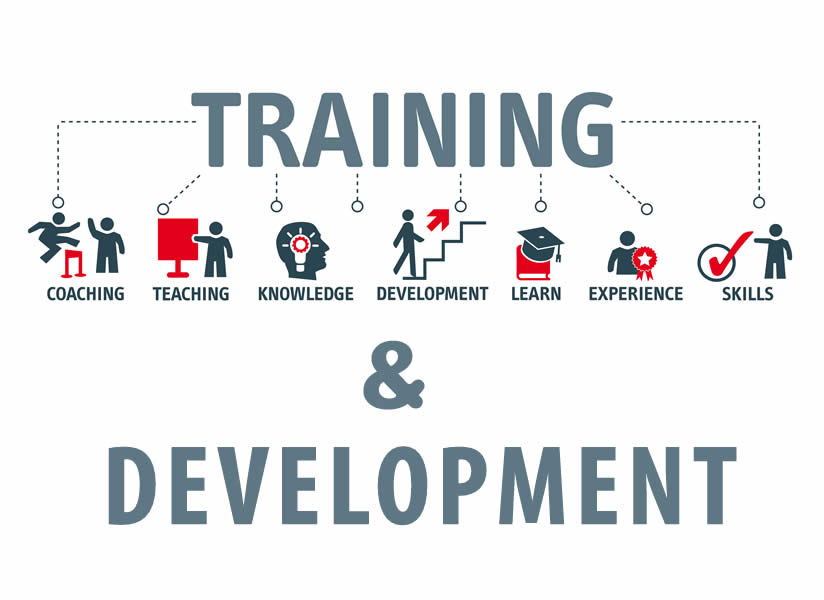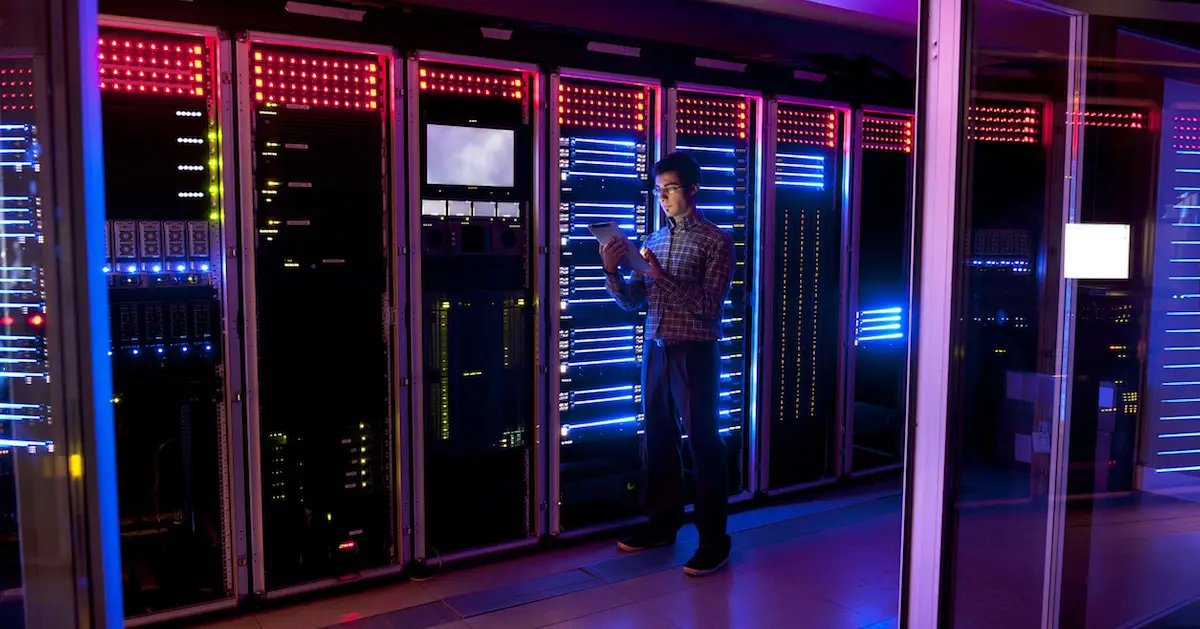
Happy New Year Open Mainframe Project Community! We hope you had a wonderful holiday. As we get into the full swing of 2022, Swapnil Bhartiya, Founder and Host of TFIR, spoke with John Mertic, Director of Program Management at the Linux Foundation, to discuss predictions for the year. Watch the video or read the predictions below.
Swapnil Bhartiya:
Welcome to our series on Predictions for 2022. Today, we have with us, once again, John Mertic, Director of the Open Mainframe Project. John, I will ask you to grab your crystal ball and talk about the predictions that you have for 2022. But before that, please quickly give us an overview of what is this project all about?
John Mertic:
The Open Mainframe Project is the focal point for open source on the mainframe. Whether that would be Linux on the mainframe, Z/OS, or, really, any other technologies. And this is a project that has helped bring together that communities launched over 20 working groups and projects in six years and made significant impacts to the mainframe ecosystem overall.
Swapnil Bhartiya:
Please grab your crystal ball and tell us what predictions you have for 2022.
John Mertic:
I’ve got three predictions. The first prediction is people are going to be proud to have a mainframe again. And this is a fun challenge when I’m talking with users of mainframe and vendors. They’re all saying mainframes are a cornerstone of our society. They’re not just a technology that’s important. They’re not a technology that’s prevalent. They’re a technology that if it did not exist, our society would cease to function. Planes will fall out of the sky, financial institutions in ruins, yada yada yada. And so many of the organizations that have invested in mainframe, they’ve always been nervous to talk about it. And you don’t even see many of them, oftentimes, talking publicly about the deep and investments they have. My first prediction is that we’re going to start to see that change.
Now, that we’re seeing many of these organizations take open source as a central part of their strategy you’re going to see those organizations coming together. You’re going to see the enterprises start to see mainframe as, sort of, a key part of what they’re doing. But more importantly, they’re going to be excited to say, “We have a mainframe and this is what it’s doing for us.” And so, that’s something to stay tuned for what the project has in store this year. That leads me to COBOL, which is the hot thing coming out of the pandemic, I suppose. So I’m predicting that is we’re going to see big increases investments in COBOL. Our COBOL Working Group did a study earlier this year, and they found, in the last 20 years, that the lines of COBOL have grown significantly in that timeframe.

And this is for a technology that if you believe what the street tells you, people are throwing away their COBOL applications. They’re not doing any development anymore. Well, that’s actually not true. There’s a lot of, not just maintenance application development, new investment happening. And I’m predicting, we’re going to see this increase. But, also, the tolling around it to help support modern COBOL development continue to be invested in. So this is a really forward thinking technology.
And the third big prediction I have is that we’re going to see a lot of investments in skills and around the mainframe. And this is something the mainframe community is always, sort of, known, is bringing that next generation is so crucially important to taking this technology forward decades and decades to come. Where, I think, we’re going to start seeing this year is the skills investment start to happen to go with it.

So trainings around many of these technologies. Many of these universities starting to reinvest and bring back in Mainframe curriculum or technologies that impact the mainframe. And a huge investment in this area as we’re going to, again, start to see. If you look at the first prediction, we’re going to see people proud to have a mainframe. We’re going to see people start investing more in it. And they need the skills to compliment it. And, I think, we’re going to see people looking at Mainframe tooling and application certifications increasingly this year. To the point where this is actually going to be, be a really big hiring class for vendors to start pulling for.
Swapnil Bhartiya:
Thanks for sharing those predictions. Now, if I ask you what is going to be the focus for the project for 2022?
John Mertic:
So we have a… Two really big focuses on here. One is with our projects, we’re going to continue to work on the downstream success of them. We saw two of our project graduate this year, GenevaERS and COBOL programing course. And what we want to continue to do is see more of those projects or our group of 20 plus projects graduate. But we, also, want to see downstream ecosystems further be built from our project. So we’re looking in the Zowe project where we’re hoping to see more training and more formal tooling and enablement materials starting to be built. So that way companies that are looking at Zowe as a way to connect their mainframe back to the enterprise have solid training and solid tools to build off of. So that’s one big piece that I’m really, really starting to anticipate there, that we’re going to be seeing a lot of investment in.
And I think the second one is we’re going to really be focusing on that next generation, that next group of mainframers really coming through. One is, is on our mentorship of helping pair together and bring new blood in. But also, focusing on a diversity aspect and helping highlight the diversity that’s already happening in the mainframe ecosystem. But at the same time giving a space for those that are coming from diverse backgrounds to find their way within the mainframe world and build a successful career in it. So those are two big things that I’m sensing we’re going to be doing this year.
What do you think about these predictions? Connect with us on the Open Mainframe Project Slack channels to ask questions or discuss details about any of our projects.
